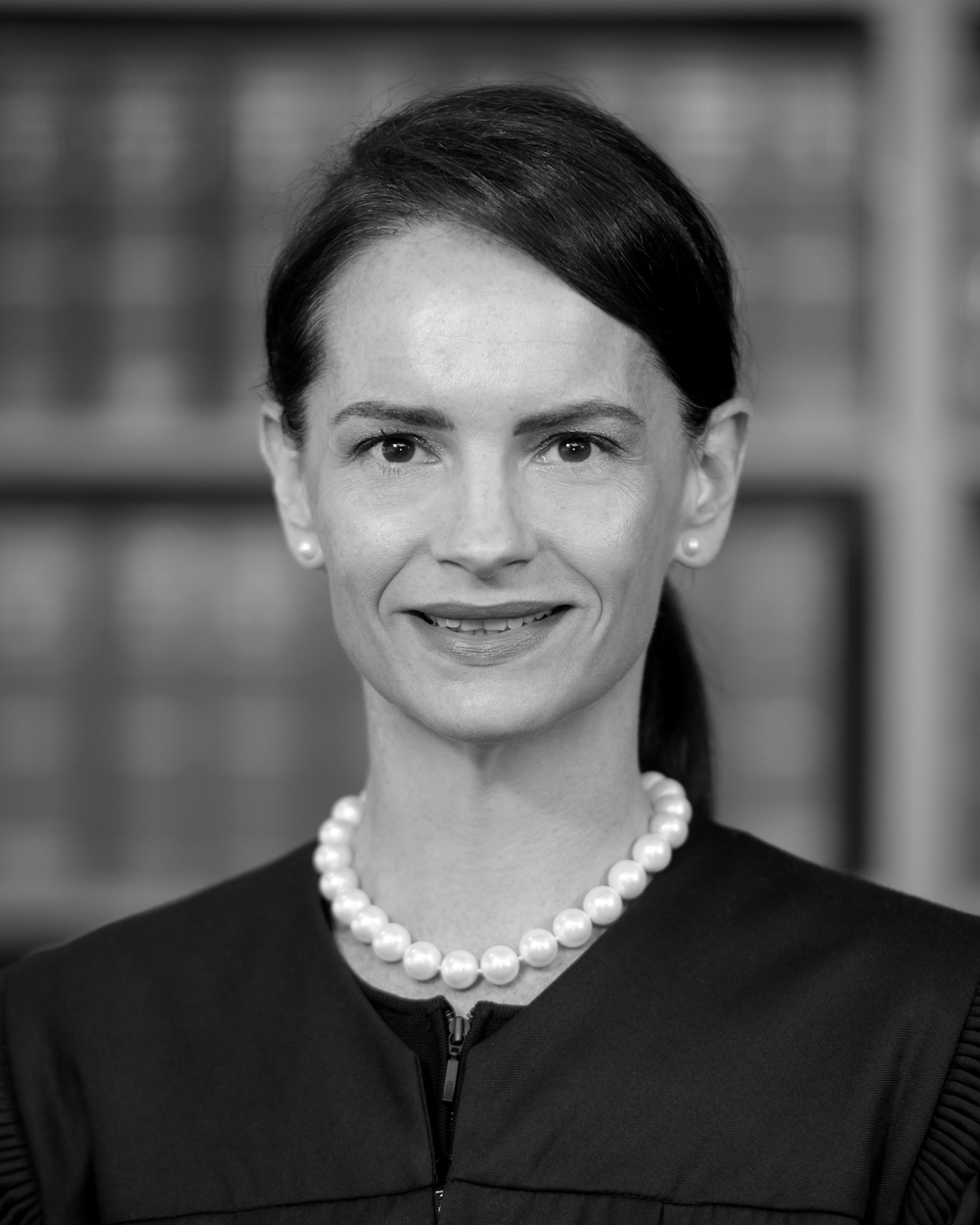Louise Taylor, a Kamilaroi woman, has been appointed the first Aboriginal Resident Judge of the ACT Supreme Court. She is the first Aboriginal woman to be appointed to a superior court anywhere in Australia.
Ms Taylor has already made local history: when she was made a magistrate in 2018, she was the ACT’s first Aboriginal judicial officer.
“I feel very honoured to have the privilege to serve the community in this way, and I’m very excited to contribute to the work of a productive and energetic court under the leadership of Chief Justice Lucy McCallum,” Ms Taylor said.
“This is, of course, a very proud day for my family and me, and I hope a very proud day for First Nations people, in particular First Nations women. I’m conscious of the significance of [my appointment], and I’m very proud to accept this appointment.”
Ms Taylor is a former staffer with both the ACT and the Commonwealth Department of Public Prosecutions. She was Deputy CEO of ACT Legal Aid, and chaired the Women’s Legal Centre ACT for a decade, the ACT Ministerial Advisory Council on Women, and the ACT Domestic Violence Prevention Council. She was a member of the Law Council of Australia’s Indigenous Legal Issues Committee and an Associate of the Indigenous Law Centre at the University of New South Wales.
“This is an outstanding appointment,” Attorney-General Shane Rattenbury said. “Ms Taylor is recognised for her outstanding service in the court. She has a strong professional record. She is highly regarded in the ACT legal community, and when the government undertook a recruitment process [for a new Resident Judge in April, in which Verity McWilliam was successful], she performed extremely strongly as a candidate.”
Chief Justice McCallum emphasised that Ms Taylor was “very much appointed on merit. The recruitment process was robust. She got thumping support.”
Mr Rattenbury said that Ms Taylor would be a role model for Aboriginal people and young lawyers.
“Hopefully, that provides a source of inspiration to young people who can see the success that an Aboriginal person can also achieve through hard work and their outstanding performance in the system.”
Asked whether she would focus on Indigenous issues, Ms Taylor replied: “I will be focused on the work of a Supreme Court judge. I am hopeful that I am able to contribute to the way the ACT continues to deal with the challenges and problems that exist in our community that see a whole range of people come before the court. For my part, it will be business as usual. They need a judicial officer, just in a different place with a broader jurisdiction.”
As a magistrate, Mr Rattenbury said, Ms Taylor had exhibited proficiency in civil and criminal law matters, and been committed to fairness, impartiality and open-mindedness, while her work with Legal Aid and Public Prosecutions accentuated her exceptional expertise and knowledge of the legal system.
Ms Taylor hoped her work as a magistrate had put her in an excellent position to deal with the busy workload of the Supreme Court.
“I reflect on my time as a magistrate with great pleasure and pride,” Ms Taylor said. “It’s an excellent job. I’ve enjoyed it immensely, and I know I will miss both the work and my colleagues when I take on this new role. It’s a difficult job at times. It’s a privilege to do the work of a magistrate. I think the ACT community is very well served by the magistrates of the ACT, and I hope I could contribute to that work.”
The appointment will bring the number of resident Supreme Court judges in the ACT to six.
Mr Rattenbury said that the ACT Government had abolished the position of associate judge, and created the sixth resident judge position, because the associate judge was “largely performing perhaps the vast bulk” of a resident judge’s work. Upgrading the role recognises the increased workload of the Supreme Court and the level of responsibility afforded to the position.
Ms McCallum said the abolition of the associate judge position will spread the civil load more broadly; at the moment, most of it is criminal work.
“Louise will be an outstanding criminal jurist,” Ms McCallum said. “She will get through the work quickly and efficiently; she also has a great mind.”
Recruitment for a new magistrate will begin soon.



